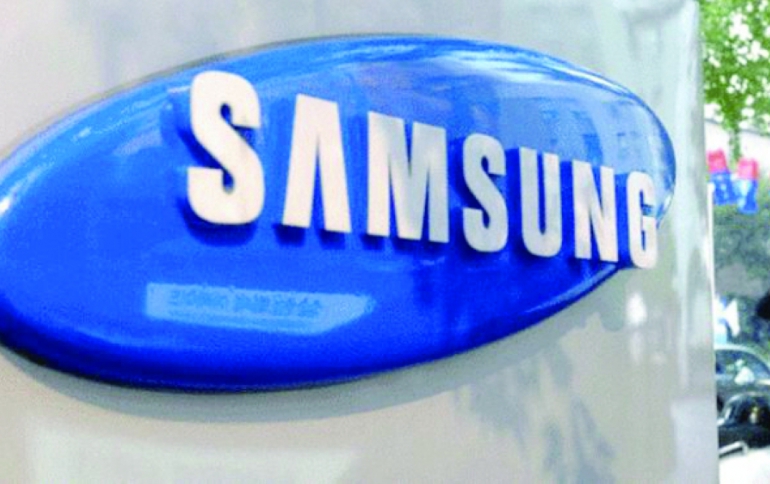
Memory Prices Boost Samsung's Record Q2 Profit, Plans Smart Speaker
Samsung Electronics said Friday it expects to record a record profit of about 14 trillion Korean won (about $12.1 billion) for the second quarter as surging memory chip prices boost the company's bottom line.
Samsung expects its profit to increase 72 percent compared with the second quarter of 2016. The firm said sales rose to an estimated 60 trillion won (about $52 million), an increase of 18 percent compared with the year ago period.
Memory chip prices have been on the rise since late last year as tight supply in DRAM and NAND flash memory have chip vendors scrambling to add capacity. Flash memory chips are also finding uses in more applications, such as consumer electronics and solid state drives, leading to higher consumption.
Samsung said earlier this week that it plans to invest $18.6 billion in semiconductor and display production facilities. The company also said its newest chip fab line in Pyeongtaek, South Korea, began mass production and has shipped its first product to customers.
Market watchers expect the surging memory prices in 2017 will enable Samsung to displace Intel from the No. 1 spot in semiconductor sales. Intel has been No. 1 in chip sales for more than two decades.
Strong investments
Recent emerging IT trends such as the Internet of Things (IoT), artificial intelligence (AI), big data and automotive technologies has sharply increased demand for next-generation components. In response to these market needs, Samsung, across both Samsung Electronics and Samsung Display, plans to reinforce its manufacturing capabilities by investing more than KRW 37 trillion in investments to its global production facilities.
By 2021, Samsung will invest a total of KRW 30 trillion into its current Pyeongtaek line to expand its semiconductor fabrication capacity
Samsung also plans to invest KRW 6 trillion in its Hwaseong, South Korea, site for a semiconductor fabrication line optimized to install state-of-the-art infrastructure including Extreme Ultra Violet (EUV) equipment
Samsung Display is reviewing plans to establish a new OLED manufacturing site in Asan, South Korea, by 2018
In addition, Samsung's plans to construct a second semiconductor fabrication line in Xi'an, China, site are also under review. Samsung's first semiconductor fabrication line in Xi'an was constructed in 2014 and is presently in full operation.
With the new investments, Samsung aims to strengthen its global fabrication network and accelerate the overall development of the IT industry.
AI Speaker
In related news, Samsung is working on an initiative to develop its own voice recognition artificial intelligence speaker using its AI service "Bixby." According to a report by the Wall Street Journal, Samsung has engaged in the development of its own AI speaker for about an year under the code name "Vega."
Once Samsung releases its own AI speaker, it would compete with Amazon, Alphabet (Google), and Apple in the same product category.
Samsung originally planned to display its voice recognition speaker at the Mobile World Congress held in March 2015 but delayed the unveiling due to software problems.





















